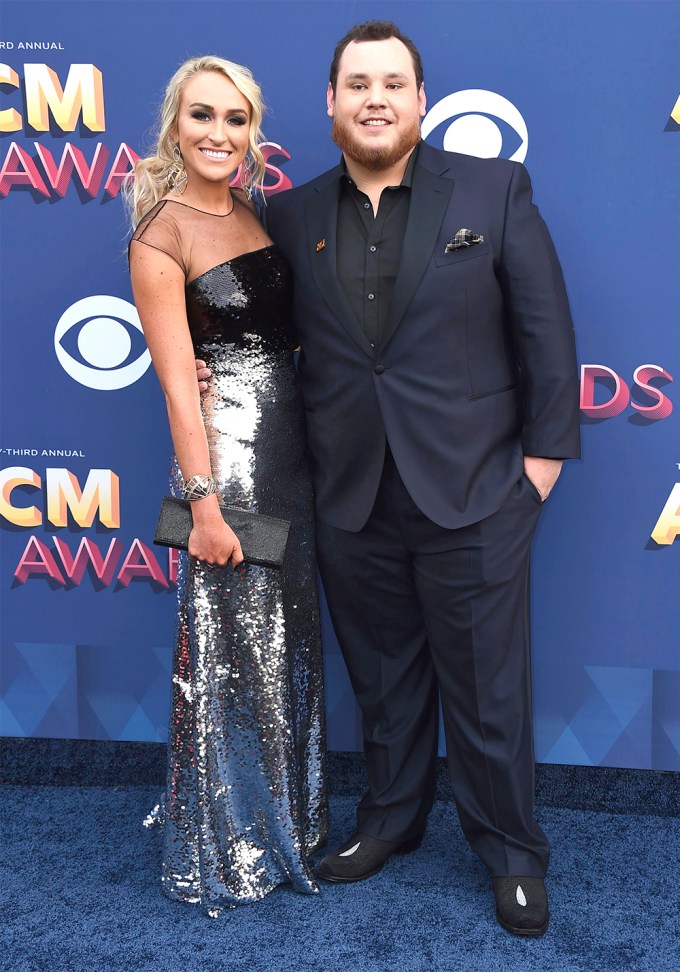As the 2023 political landscape continues to evolve, unexpected alliances and endorsements have become a focal point of public interest. Among these surprising partnerships is Luke Combs' vocal support for Kamala Harris, blending country music with politics in an unprecedented way. This intersection highlights how influential figures from diverse industries can sway public opinion and contribute to significant political discourse.
The world of entertainment has long played a role in shaping political conversations, but this year’s blend of country music and electoral politics offers a fresh perspective. With Luke Combs stepping into the spotlight as a supporter of Kamala Harris, fans and critics alike are intrigued by the potential impact such endorsements could have on voter behavior and election outcomes. This article delves deeper into this unique convergence, examining its implications and significance within the broader context of modern American politics.
Luke Combs: Country Star Joins Political Arena
Luke Combs, known primarily for his deep roots in country music, has made waves beyond the concert stage by endorsing Kamala Harris. His decision to publicly align himself with Harris marks a significant moment where the traditionally conservative genre of country music intersects with progressive politics. Fans of Combs might be surprised by this move, yet it underscores the growing trend of celebrities using their platforms to advocate for political causes they believe in.
In a recent interview, Combs discussed his reasons for supporting Harris, emphasizing her commitment to social justice and economic reform. He expressed admiration for her leadership qualities and vision for America's future. By voicing his endorsement, Combs aims not only to influence his fanbase but also to encourage greater civic engagement among younger voters who may resonate with his values and ideals.
This alignment between Combs and Harris reflects a broader shift in how musicians engage with politics. Traditionally seen as apolitical or aligned with specific ideologies, artists today increasingly use their celebrity status to drive meaningful change. As one of the most prominent voices in contemporary country music, Combs’ endorsement carries substantial weight, potentially swaying undecided voters and amplifying Harris' message across new demographics.
Celebrity Influence in Modern Politics
In the age of social media, celebrity endorsements hold unprecedented power in shaping public opinion and influencing elections. From Taylor Swift's candid Instagram post endorsing Kamala Harris to Amanda Gorman's poetic performances at Democratic events, high-profile figures continue to leverage their platforms to champion political candidates and causes. These actions demonstrate the evolving relationship between entertainment and governance, where personal beliefs intersect with national interests.
Charli XCX exemplifies this dynamic through her creative activism, while Fleetwood Mac's Stevie Nicks uses poetry to express her disdain towards global conflicts. Such expressions highlight the versatility and reach of artistic contributions to political discussions. In doing so, they inspire others to participate actively in democratic processes, whether through voting, volunteering, or advocating for policy changes.
For many young people, seeing familiar faces like Luke Combs or Taylor Swift involved in politics provides relatable entry points into complex issues. It fosters dialogue around topics that might otherwise seem distant or inaccessible. Consequently, these interactions help bridge gaps between different communities, fostering unity and shared purpose amidst political polarization.
Country Music Artists Aligning with Kamala Harris
Beyond Luke Combs, several other country music artists have thrown their support behind Kamala Harris in the upcoming election. Notable names include Brothers Osborne, Lulu Roman, Lyle Lovett, and Lynn Anderson, each contributing uniquely to the growing coalition supporting Harris. Their collective voice strengthens the narrative around Harris' candidacy, appealing directly to rural and suburban audiences often underserved by mainstream political messaging.
These endorsements carry particular significance given country music's historical association with conservative values. By aligning themselves with Harris, these artists challenge preconceived notions about regional voting patterns and ideological alignments. They underscore the importance of addressing systemic inequalities and promoting inclusive policies that benefit all Americans, regardless of geography or background.
Moreover, tracking these endorsements serves as a valuable tool for understanding shifting allegiances within the music industry and its audience base. As more artists join forces with Harris, they amplify her campaign's reach and resonance, creating opportunities for collaboration and innovation in both musical and political spheres. Ultimately, this collaboration exemplifies the transformative potential of cross-sector partnerships in advancing common goals.

